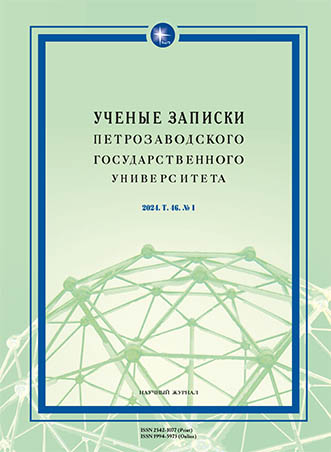ЗАИМСТВОВАННЫЕ МЕЖДОМЕТИЯ В РУССКОМ ЯЗЫКЕ
BORROWED INTERJECTIONS IN THE RUSSIAN LANGUAGE
Author(s): Vasilij SuprunSubject(s): Language studies, Language and Literature Studies, Eastern Slavic Languages
Published by: Петрозаводский государственный университет
Keywords: Russian language; interjection; borrowing; donor language; recipient language; primary interjection; interjection complex; ethnolinguistic culture;
Summary/Abstract: The study was aimed at determining the ways of penetration of interjections from other linguistic cultures into the Russian language, their adaptation to the language, and use in texts of various genres. For this purpose, general linguistic methods were used, namely the descriptive, comparative, and typological ones. The article examines (from a historical perspective) twelve Russian interjections borrowed from the Greek, Church Slavonic, Turkic, and modern European languages. The list of analyzed interjections in the Russian literary language has been almost exhausted. The source of the language material for this study was the data from dictionaries and texts of various genres, primarily fiction. Borrowed interjections enter the Russian language orally and in writing, reflecting a variety of political, economic, cultural and other contacts of the Russian people with neighboring and more distant ethnic groups. Most of these units have entered the Russian language orally, so it is difficult to determine the time of their appearance in the language, since words are always fixed in writing after they begin to be used orally. However, interjections are sometimes borrowed as a result of written interactions between languages. Having entered the Russian language, borrowings are integrated into its phonetic system and are used in the appropriate syntactic positions. Since borrowed interjections have no etymological connections with Russian words, they belong to primary units, although they may have a more complex phonetic composition than traditional primary interjections (ой, ах, фу, ого, ну, etc.). Russian interjections help to reveal the peculiarities of the ethnolinguistic culture of the Russian people and expressive potential of the Russian language.
Journal: Ученые записки Петрозаводского государственного университета
- Issue Year: 46/2024
- Issue No: 1
- Page Range: 13-19
- Page Count: 7
- Language: Russian

